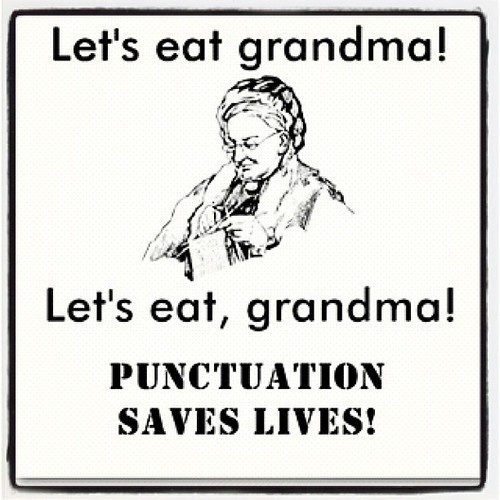Firstly, I made myself forget that had even written a conclusion to start with. I tried to go for the "look forward" strategy from the student's guide page 56. I think I did alright, if informally. I also made sure to mention how my main points relate to looking forward. Also, I kept it relevant to my audience: the newbies in my major who need help.
 |
| Berruguete, Pedro. "St. Dominic de Guzman and the Albigensians (1499)" 2/18/2015 via wikimedia. Public Domain. |
The original piece (of poop)... For real. this was garbage. I had no idea how to write a conclusion; I put some completely random words down and they happened to make grammatical sense:
This text is pretty representative of the field in terms of the proportional weight of logos ethos and pathos. Generally speaking, texts on science- and technology- based topics need to be founded on logos and ethos first, and rarely on pathos. This is true for the better examples, at least.Now for the conclusion 2.0:
You’ve seen how this particular author constructed her argument, and what made it effective. There are, of course other writers and speakers, and they will construct their arguments in slightly different ways. Those small differences, however, won’t be as important as the major themes we explored in this analysis, which should be consistent. Now it’s time for you to read other examples and analyze their merits, and even construct your own arguments, all the while keeping in mind that ethos and logos are typically far more important that pathos in our field. Never again will you be just a “gullible Gary” when it comes to someone trying to convince you of anything without those necessary components of scientific persuasion.






